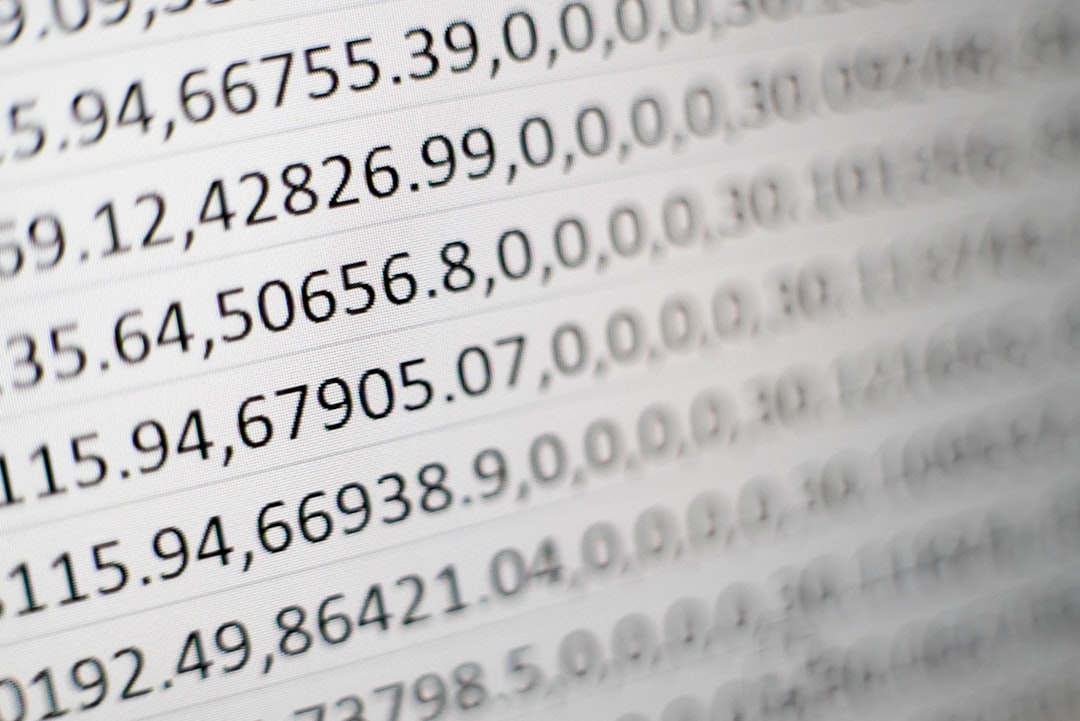
When we talk about data democratization, we refer to how analytics is left in the hands of masses. The essence of data democratization is to empower more people in an organization into making informed decisions. Besides, democratization is vital in preventing factors that block data from reaching the public.
As much it is vital to make data accessible to people, you need to make sure that people understand the data. By doing so, they will use the data to expedite decision-making and uncover opportunities for an organization. Through data democratization, anyone in an organization can use data anytime, to make better decisions without having to worry about barriers to access or understanding.
Data democratization is known to have many benefits to an organization and employees as well. However, for businesses to benefit, they need to implement the strategy using the right technology.
If you want your organization to be taken to a new level of performance, you should consider adopting data democratization strategies. One of the ways in which you can be assured of elevating your company to a new place is by observing the right steps involved in data democratization.
As mentioned earlier, the ability of everyone to access and understand data translates into faster dictions making. When your organization is competing with others in the industry, it is best to adopt data democratization strategies since by doing so, you will be in a better position to compete with your rivals.
One of the ways in which you can achieve data democratization is thorough creating data intentionally. This implies that your organization investments need to be made while paying attention to the terms of budget, training, and software. One of the things that happens during data democratization is the breaking down of large data into manageable levels.
For data democratization to be possible, there must be checks and balances. Checks and balances are the final steps to sharing data across a data governance. During this stage, mismanagement of data tends to happen. Many times, organizations also tend to struggle with misinterpretation of data in this last stage. If you want to overcome misinterpretation of data in the last stage of data democratization, you need to invest in center of excellence. It is worth noting that the center of excellence need to be guided by the goals of driving adoption of data usage that is made possible by owning data accuracy, sharing and training.
